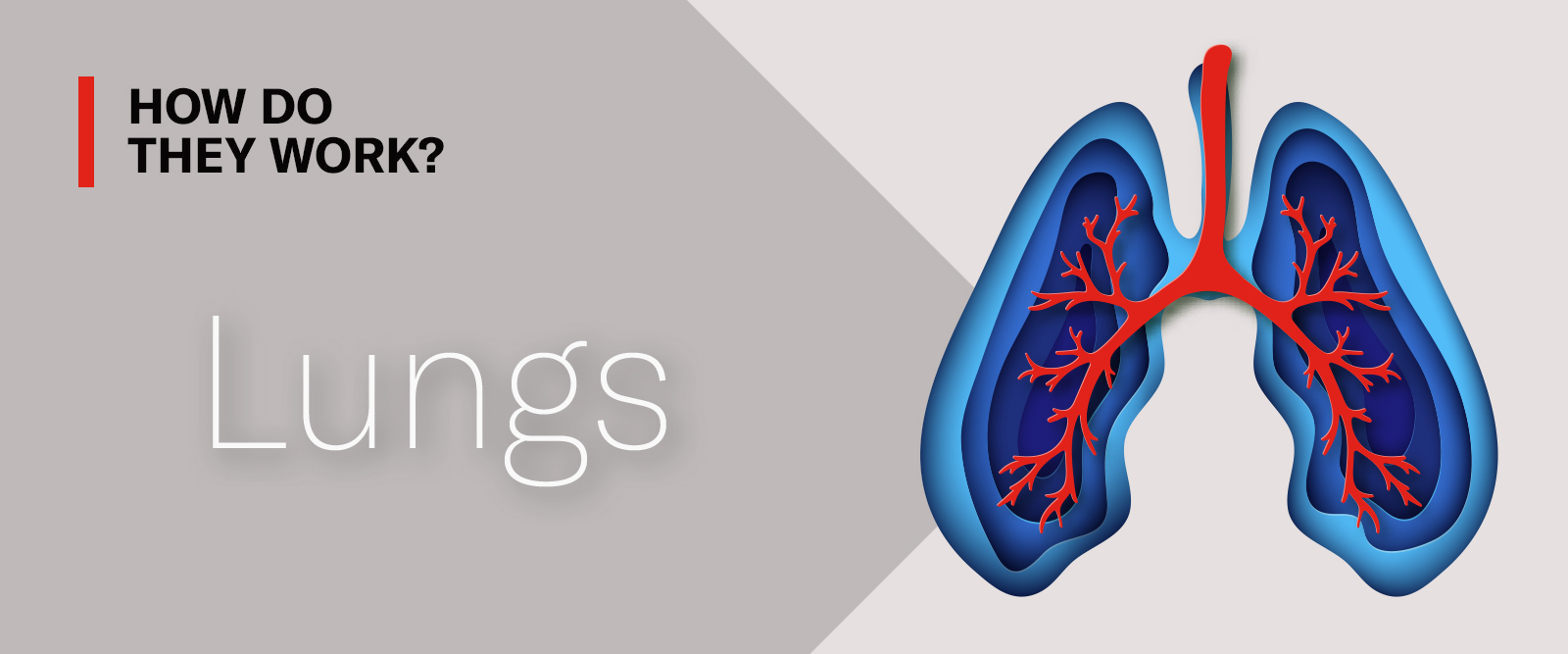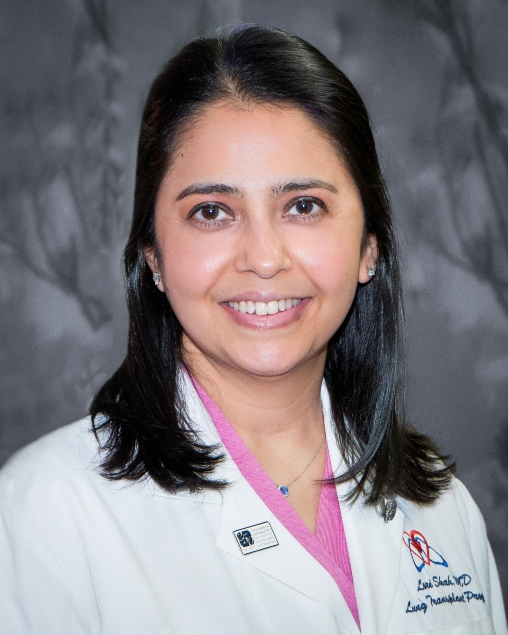Understanding Lung Health
A pulmonologist explains the crucial role these organs play in the body and how to keep them healthy.

The lungs, two sponge-like structures that sit behind our ribs, are responsible for sending oxygen to our other organs in our body.
“Just like a sponge soaks up water from a spill, the lungs absorb oxygen from the air we breathe,” says Dr. Lori Shah, a pulmonologist at NewYork-Presbyterian/Columbia University Irving Medical Center. “Our organs need that oxygen to function.”
Dr. Shah spoke with Health Matters about how to keep our lungs healthy, plus symptoms to watch for and insights into who may be most at risk for developing lung disease.

Dr. Lori Shah
What do the lungs do?
Lungs, the main organs of our respiratory system, are responsible for taking in oxygen when we inhale and releasing carbon dioxide when we exhale. Carbon dioxide, a gas produced in our body’s cells, is a waste product that our bodies do not need.
How does a pair of healthy lungs work?
Oxygen and carbon dioxide both travel through our airways, which include our voice box and the trachea, a passageway that begins at the neck and connects to the lungs. Inside each lung are tube-like structures called bronchi and bronchioles, which end in tiny air sacs called alveoli. We have about 150 million alveoli in our lungs that are made up of blood vessels that connect to arteries and veins in our bodies. Here, oxygen travels to the blood vessels in our other organs—another vital job of the lungs.
What happens when the lungs aren’t functioning properly?
Think of your body like a car, and oxygen like the gas or fuel. When your body is at rest and when you are not doing physical activity, the lungs do not require as much oxygen. However, day-to-day activities, like making a bed or climbing stairs, may cause oxygen levels to dip. You may have shortness of breath, fatigue, drowsiness, and fast heart rate. You may also experience something called cyanosis, which occurs when your lips, fingertips, and toes turn blue due to a lack of oxygen in the body.
Poor lung function may also lead to higher levels of carbon dioxide in the body, which could cause symptoms like drowsiness, headaches, rapid breathing, and confusion.
What are some common conditions that affect the lungs?
The lungs are a very common place for people to get infections. Those infections could be from the flu, the respiratory syncytial virus (RSV), or COVID-19. Short-term bronchitis can also affect the lungs, which is when the bronchial tubes become inflamed. More serious infections include pneumonia, which causes the air sacs to fill up with fluid or pus. These conditions should be treated by a doctor with medications, which could include antivirals or antibiotics.
There are also chronic, or long-term conditions that affect the lungs. For example, asthma and chronic obstructive pulmonary disease affect the airways in the lungs and make it hard to breathe. Another disease called pulmonary fibrosis affects the alveoli, the air sacs in the lungs, which can cause scarring in the lungs over time. These chronic conditions have their own treatments, such as inhalers, or sometimes steroids if the condition worsens.
Who may be at risk for developing lung disease, or poor lung function?
People who smoke or are exposed to secondhand smoke, chemicals, fumes, or asbestos are more likely to develop lung disease.
Some people can be born with lung diseases that were inherited from their parents or other family members.
If someone is experiencing poor lung function, what should they do?
It depends on what kind of lung disease they have. First, we recommend making lifestyle changes, such as quitting smoking and exercising regularly. If someone has advanced lung disease, they may need supplemental oxygen; the oxygen, while not a cure, is intended to help the lungs do their job.
If a person does not get better despite lifestyle changes, medications, or other treatments, the next step may be to see a lung transplant team. Not every person is a candidate and would therefore need to be evaluated. If a person is not a candidate for transplant, a lung doctor can help stabilize the individual until they might become a candidate for a transplant in the future.
How can people keep their lungs healthy?
To keep the lungs in good health, we recommend several healthy habits, such as not smoking or vaping. That includes being mindful of secondhand smoke, which can oftentimes be just as dangerous as smoking yourself.
You also want to maintain a healthy body weight, and keep your body active with aerobic exercise, such as walking, biking, swimming, or dancing.
Another protective measure is to get vaccinated to prevent respiratory infections, such as COVID-19 and the flu. You can talk to your doctor about what vaccines you need and where you can get them.
Also, if you suspect someone around you may be sick, or if you live in an area with a lot of air pollution, take precautions and wear a mask.
Lori Shah, M.D., is a pulmonologist at NewYork-Presbyterian/Columbia University Irving Medical Center and an associate professor of Medicine at Columbia University Vagelos College of Physicians and Surgeons. She provides inpatient and outpatient consultative services to patients with chronic and advanced lung disease and those seeking evaluation for lung transplantation. Her area of expertise includes patients with interstitial lung disease, pulmonary fibrosis, chronic obstructive pulmonary disease/emphysema, Alpha-1 Antitrypsin disease, cystic fibrosis, pulmonary sarcoidosis, lymphangioleiomyomatosis, occupational lung disease, pulmonary hypertension, as well as other rare and advanced lung diseases.
